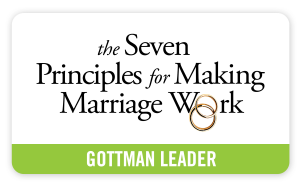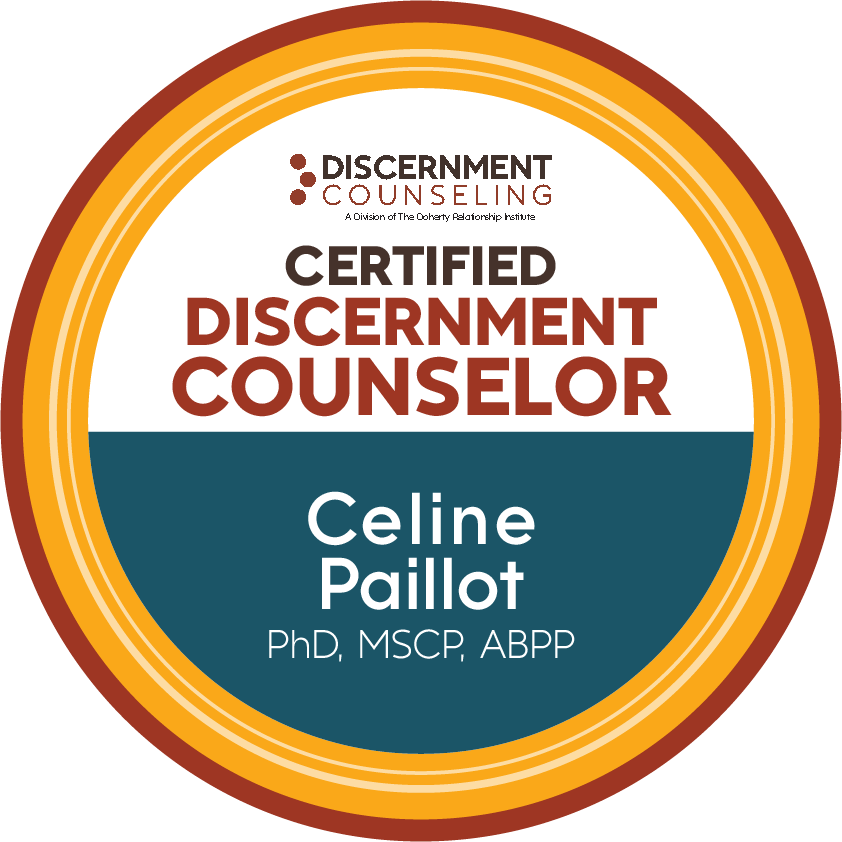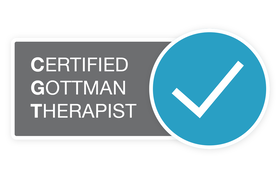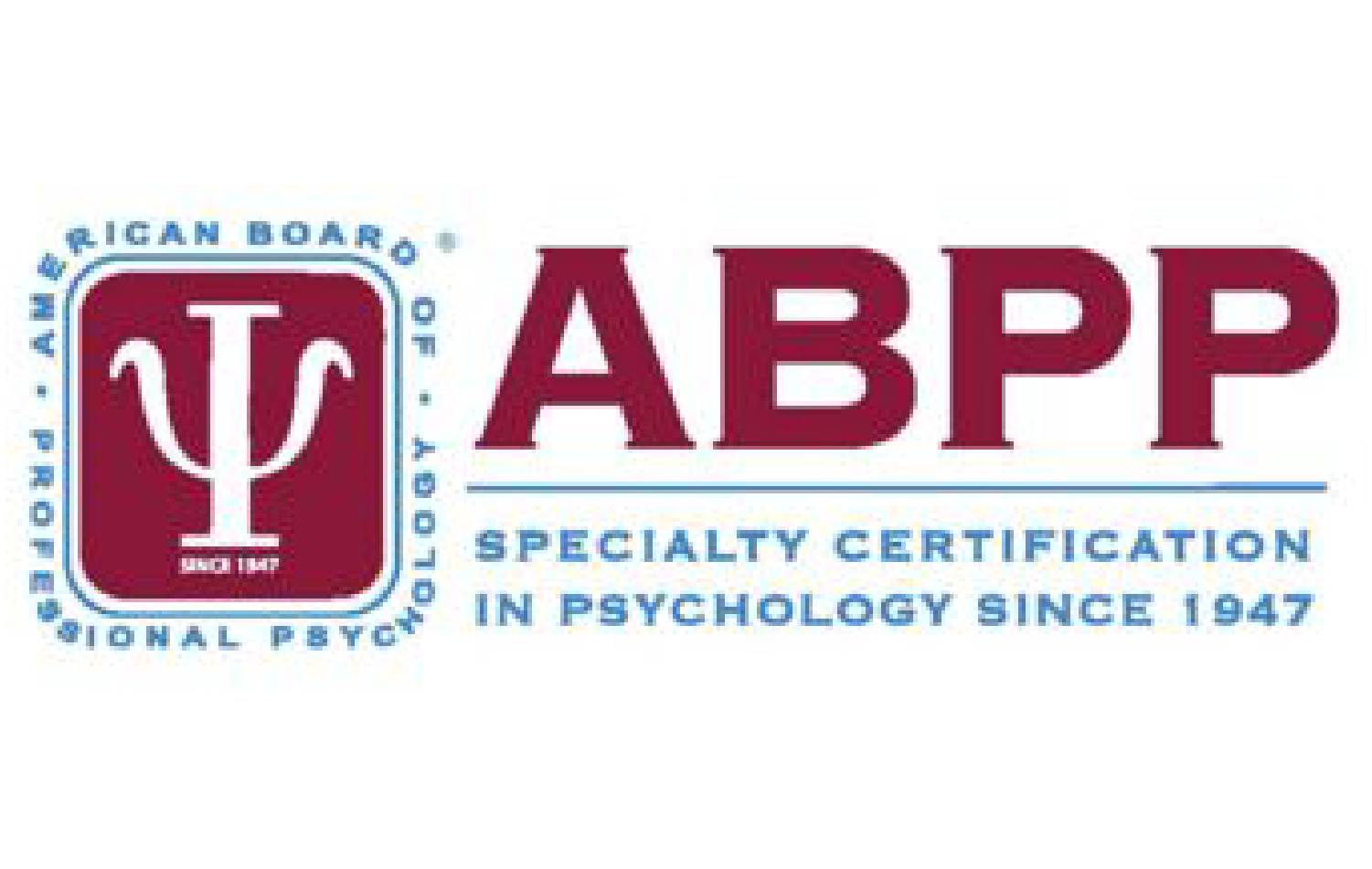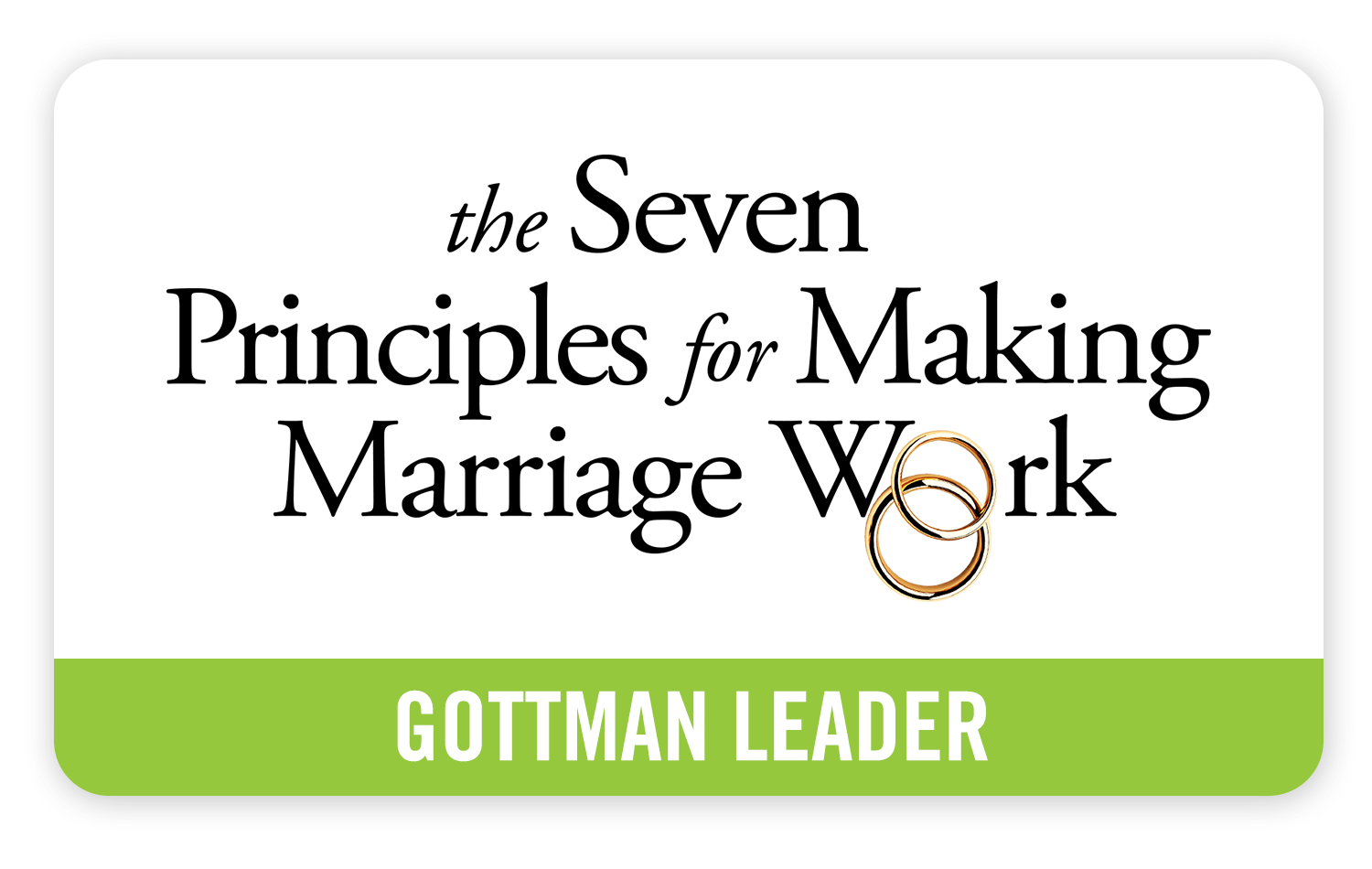We offer several types of psychological services for couples:
- The Gottman Method to improve your relationship
- Emotion Focus Therapy
- Acceptance Commitment Therapy for Couples
The Gottman Method
The Gottman Method is an approach to couples therapy that includes a thorough assessment of the couple relationship and integrates research-based interventions based on the Sound Relationship House Theory. Couples who enter into Gottman Method Couples Therapy begin with an assessment process that then informs the therapeutic framework and intervention.
Assessment
Therapy starts with a conjoint session, followed by individual interviews with each partner are conducted. Couples complete questionnaires and then receive detailed feedback on their relationship. The couple and one of our Gottman-trained psychologists decide on the frequency and duration of the sessions.
Therapeutic Interventions
Interventions are designed to help couples strengthen their relationships in three primary areas:
1) friendship,
2) conflict management, and
3) creation of shared meaning.
Couples learn to replace negative conflict patterns with positive interactions and to repair past hurts. Interventions designed to increase closeness and intimacy are used to improve friendship, deepen emotional connection, and create changes which enhance the couples shared goals. Relapse prevention is also addressed
Build Love Maps
How well do you know your partner’s inner psychological world, his or her history, worries, stresses, joys, and hopes?
Share Fondness and Admiration
The antidote for contempt, this level focuses on the amount of affection and respect within a relationship. (To strengthen fondness and admiration, express appreciation and respect.)
Turn Towards Instead of Away
State your needs, be aware of bids for connection and respond to (turn towards) them. The small moments of everyday life are actually the building blocks of relationship.
The Positive Perspective
The presence of a positive approach to problem-solving and the success of repair attempts.
Manage Conflict
We are using the term “manage” conflict rather than “resolve” conflict, because relationship conflict is natural and has functional, positive aspects. Understand that there is a critical difference in handling perpetual problems and solvable problems.
Make Life Dreams Come True
Create an atmosphere that encourages each person to talk honestly about his or her hopes, values, convictions and aspirations.
Create Shared Meaning
Understand important visions, narratives, myths, and metaphors about your relationship.
Trust
This is the state that occurs when a person knows that his or her partner acts and thinks to maximize that person’s best interests and benefits, not just the partner’s own interests and benefits. In other words, this means, “my partner has my back and is there for me.”
Commitment
This means believing (and acting on the belief) that your relationship with this person is completely your lifelong journey, for better or for worse (meaning that if it gets worse you will both work to improve it). It implies cherishing your partner’s positive qualities and nurturing gratitude by comparing the partner favorably with real or imagined others, rather than trashing the partner by magnifying negative qualities, and nurturing resentment by comparing unfavorably with real or imagined others.
Some of the relationship issues that may be addressed in therapy include:
● Frequent conflict and arguments
● Poor communication
● Emotionally distanced couples on the verge of separation
● Specific problems such as sexual difficulties, infidelity, money, and parenting
Dr. Paillot is certified in Gottman Method Couples Therapy and is a Gottman 7-principles leader, which means she received specific training by the Gottman Institute to be able to teach this workshop. She is providing this workshop independently from the Gottman Institute. The Gottman Method Couples Therapy is a renowned research-based form of couples therapy.
Couples Therapy is aiming at understanding what makes a relationship work well and conversely what makes them fail. With the use of assessments, the couple will be able to identify its strengths and learn how to improve communication. Couples will learn conflict management skills and how to build friendship and shared meaning so they can appreciate their relationship again.
Gottman – Marathon Couple Therapy
Marathon Couples Therapy is an alternative to traditional weekly sessions in Couple Therapy.
It’s a condensed and focused approach to relationship counseling that will provide you with the time you need to address specific issues and learn tools to improve communication. In this extended therapy format, you’ll meet with your certified Gottman Psychologist for either one day or two consecutive days, depending on your needs. In any case this format will allow ample time to learn and practice new communication skills to help you have more productive conversations.
Prior to the day of your marathon session you will complete the Gottman Relationship Questionnaire that will help you get a comprehensive relationship assessment. Your psychologist will help you go over the test results and help identify the areas of strength and areas that might be more challenging. Marathon Couples Therapy is offered either for one day or for two consecutive days for four hours a day. In most cases, we recommend a two-day marathon. A one-day marathon is appropriate for couples seeking preventative care, couples with a solid relationship that have some minor issues to work out, and couples interested in premarital preparation.
Despite the Gottman Method being a research based and practical psychotherapy, the Marathon Couples Therapy format might lead to you and/or your partner experiencing uncomfortable feelings like sadness, guilt, anxiety, anger, loneliness, and helplessness. It may also involve recalling unpleasant aspects of your history together and/or individually. Your psychologist will provide a non-judgmental and safe environment where the focus will be on learning skills and not on making you emotionally impacted.
If you have any questions or would like to schedule your marathon couple therapy please email our office at: contact@drcelinepaillot.com
Emotionally Focused Therapy (EFT)
EFT is a research based psychotherapy that looks at how couples construct their emotional experience and how they engage each other. Its aim is to foster constructive dependency, that is secure bonding events between partners.
EFT is focusing on emotions, attachment styles and how it impacts the way partners engage and communicate with each other. It is a psychotherapy that is not based on the acquisition of skills comparatively to the Gottman Method or Discernment Counseling. EFT is looking at assembling, deepening and expanding partner’s emotional responses in order to improve them. The objective is to restructure attachment, and emotional balance.

